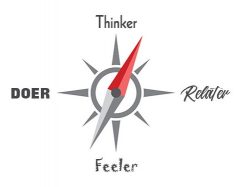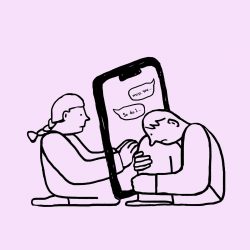
People often ask me for relationship tips. Of all the things that cause stress in people’s lives, relationships rank high on the list. Whether it’s between adults, family, friends, or children, relationship challenges are inevitable.
But what if there were some simple ways to make relationships easier? What if you could be proactive to ensure your relationships no longer stress you out? Would you take a chance and try something new in order to reduce stress in this area of your life?
To help you have more peaceful relationships and less stress, here are my top 3 relationship tips that will transform your life. While these tips may seem simple at first glance, they are truly powerful tools that we … >>>
READ MORE >>> →





















